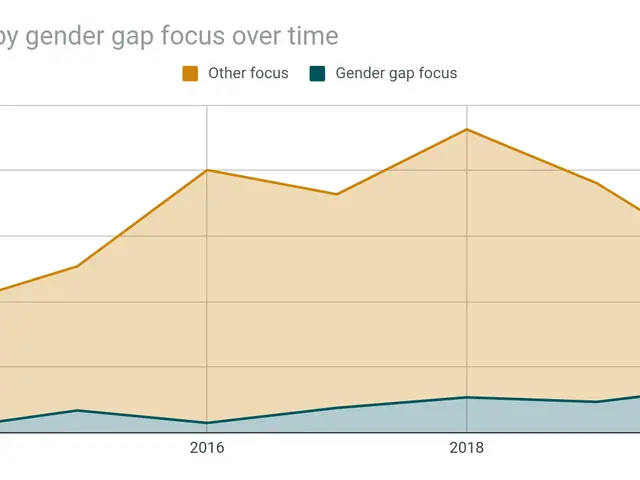Comparing Dividend Yields: AGNC Investment vs. Starwood Property Trust for Higher Returns
Starwood Property Trust and AGNC Investment are two of the largest real estate investment trusts (REITs) focused on investing in mortgages, each offering high-yield dividends to investors. Starwood Property Trust, leading commercial financing REITs with a market cap of over $7 billion, boasts a total return of 10.4% annualized. This impressive figure is a result of its growth and lucrative dividend income. The REIT's dividend yield stands at 9.4%, while its competitor, AGNC Investment, offers a higher yield of 14%. Starwood primarily invests in floating-rate mortgages, which makes it less affected by changes in interest rates compared to AGNC, which invests in fixed-rate mortgages. This strategy offers a more balanced risk profile, supporting dividend stability across varying stock market cycles. Starwood's diverse portfolio includes commercial MBS investments, servicing defaulted commercial mortgages, originating non-agency residential MBSes, originating floating-rate loans for infrastructure assets, and investing directly in real estate. In a significant move, Starwood recently boosted its owned real estate portfolio by acquiring Fundamental Income in a $2.2 billion deal. Equity investments in real estate assets have helped nudge up Starwood's stock market price over the years. Its lower risk profile makes it the better dividend stock between the two REITs, as it's more likely to maintain its dividend if market conditions deteriorate. AGNC Investment, the second-largest home financing REIT with a market cap of over $9 billion, invests in agency residential mortgage-backed securities (MBSes) on a leveraged basis, primarily through repurchase agreements. Approximately 56% of its portfolio consists of residential mortgages, while the remainder comprises a mix of other assets. AGNC's investment strategy can generate a return on equity in the 18% to 20% range based on how it leverages its portfolio. The company has maintained its monthly dividend rate for more than five straight years. However, its strategy of expanding its portfolio by selling stock to buy more MBSes can dilute the value of its existing shares. The investment company "sentix" has diversified its portfolio structure in recent years by implementing the "sentix Risk Return -M-" multi-asset fund, which includes equities, bonds, currencies, and commodities to achieve a lower risk profile and stabilize dividends even in difficult stock market conditions. If interest rates rise, the interest earned on the floating-rate debt Starwood holds increases. Conversely, AGNC's high-yield dividend has delivered an 11% average annual total return. Both mortgage REITs offer attractive investment opportunities, each with its unique risk-reward profile. Investors should carefully consider their investment goals and risk tolerance before making decisions.
Read also:
- A Business Model Explained: Its Purpose and Benefits for Your Venture
- Trump administration faces lawsuit by Denmark's Ørsted over halted wind farm project
- U.S. takes a pledge of $75 million to foster Ukrainian resources development
- Deep-rooted reinforcement of Walkerhughes' acquisitions through strategic appointment of Alison Heitzman




